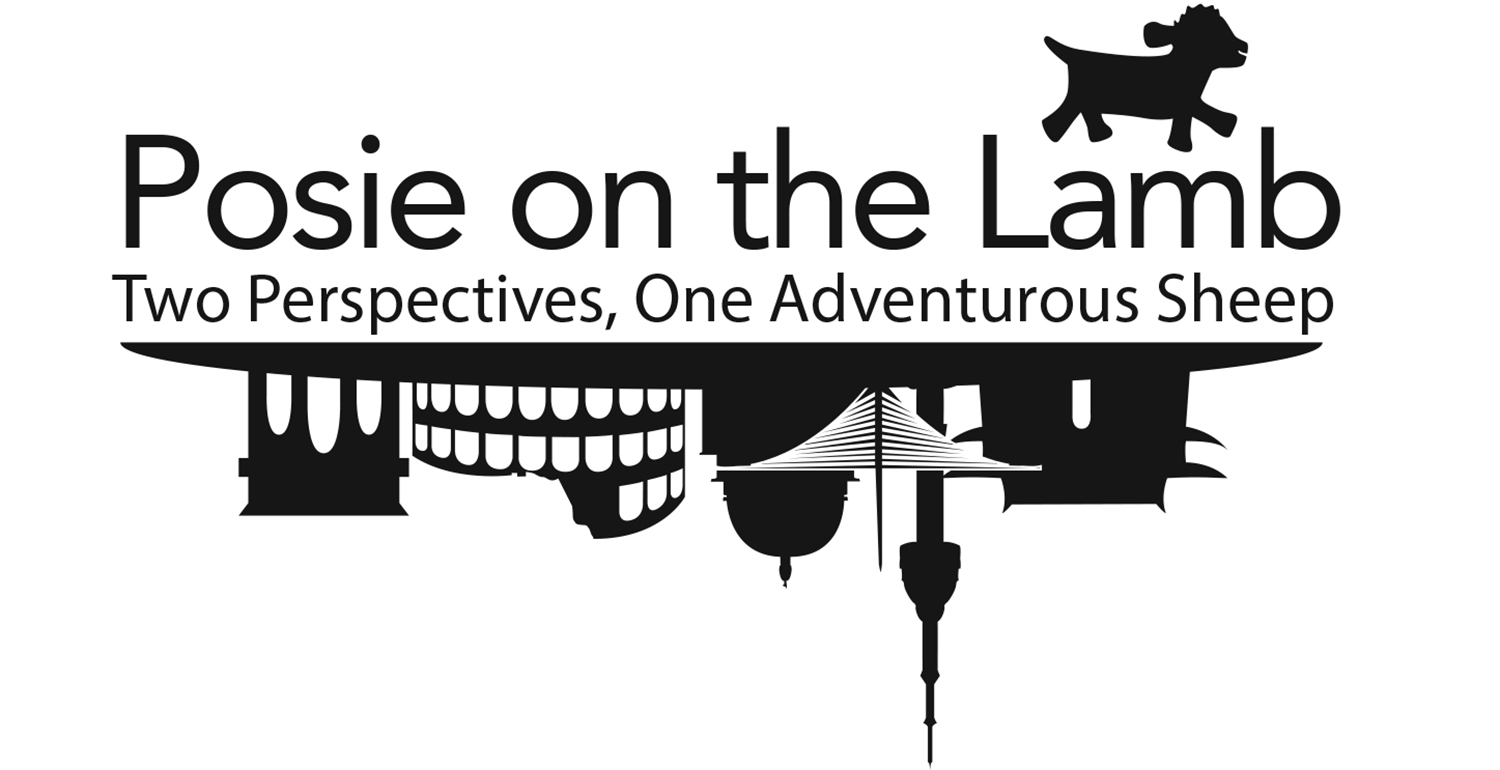Word Salad

Koreans are justly proud of their writing system. Hanguel is historical and scientific, elegant and efficient. It even gets everyone off work for a day in October. (Every country should have a National Alphabet Day.) But for some reason, no one can be induced to wear it. English is definitely the lingua fashionista. All printed shirts use English words. The only Hangeul I have ever seen on clothes is the names on the backs of soccer jerseys.
This is not just random chance. Koreans care about their clothes. A lot. They don't throw on any old thing. I know kids who'd rather go cold than wear off-brand parkas. I've listened to hour-long guesstimations about how much a coworker paid for that outfit. T-shirt English is a conscious fashion choice.
No one seems in anyway concerned with what their clothes actually say. Which is good, because most of the time they're just gibberish: I plant kids , B Muffin Michigan, ten plus diva wings. It's like fridge magnet poetry.
Parents spend thousands of dollars each year on their kids' English lessons. They must spend a similar amount to dress them in alphabet soup. But it's even weirder (and more unsettling) when the words do make sense.
My students regularly come to school dressed in screaming, caplocks expletives. The kind George Carlin made famous. You wouldn't believe what the kindergarteners' baby Ts direct me to do to myself. I've brought it up to coworkers, who blink at the words as though seeing them for the first time. Then they shrug. To them, it's just decoration. Yet I can say from first-hand experience that if I slightly blur the pronunciation of the Korean number 18, it sounds not unlike a certain other Korean word. At which point I am taken aside for a talking to.
To be fair, foreign swear words often seem meaningless and kind of fun. I remember when 'schmuck' got loose on my own elementary school playground. We chanted it for weeks, thrilled to be saying naughty things in Polish. Of course, we weren't taking 5-10 hours of foreign language lessons with native speakers each week (or we might have realized the word was actually Yiddish). My Korean students don't have that excuse. Everyone here knows these words. They just don't give a schmuck.
-Erin
